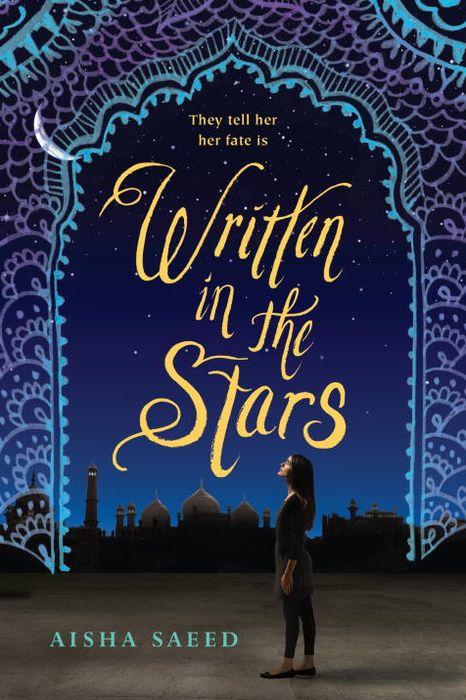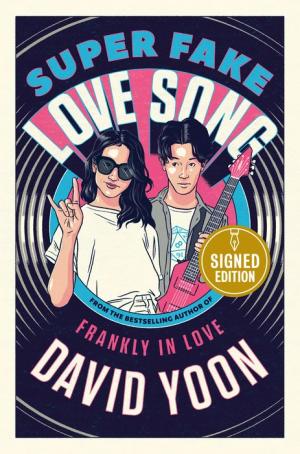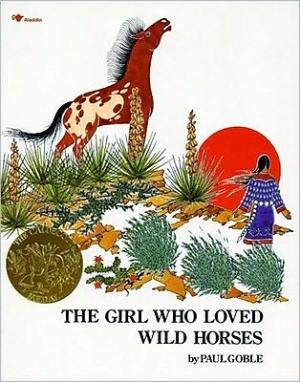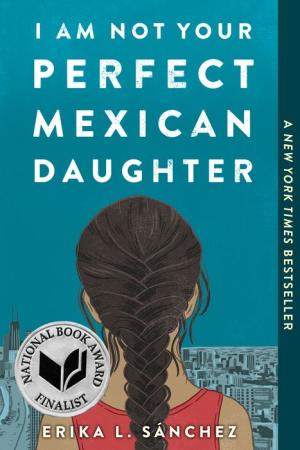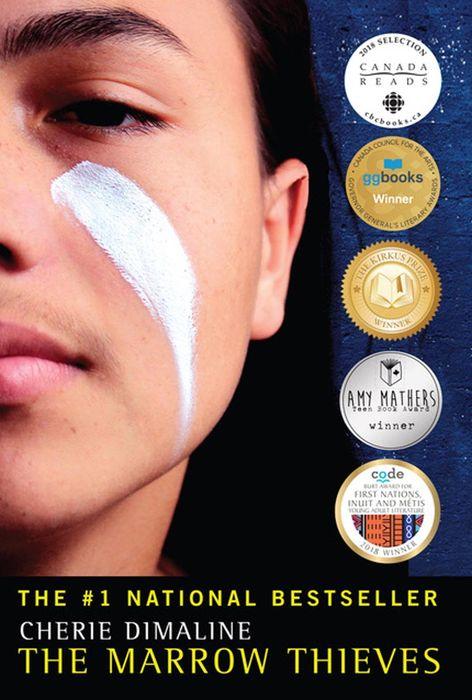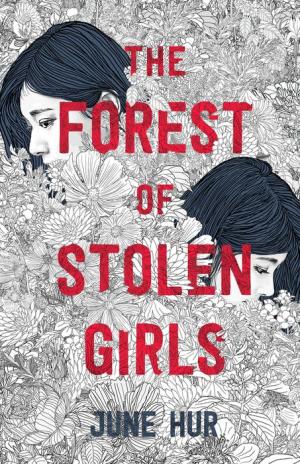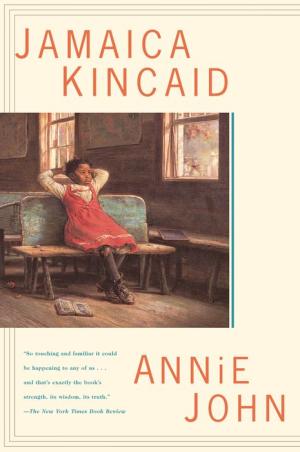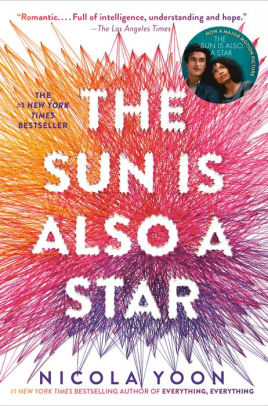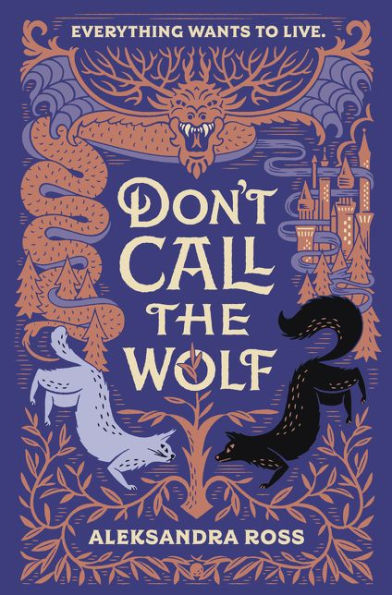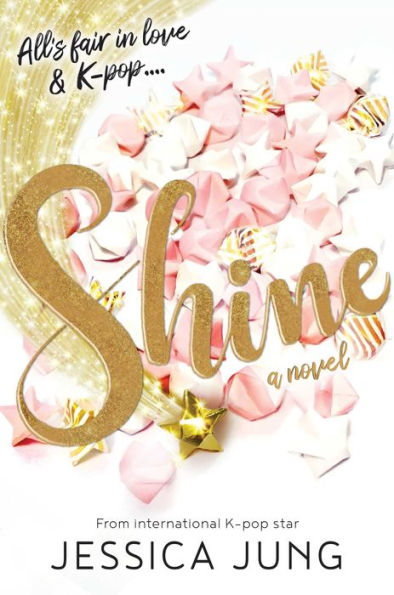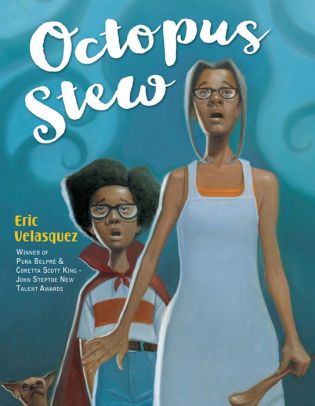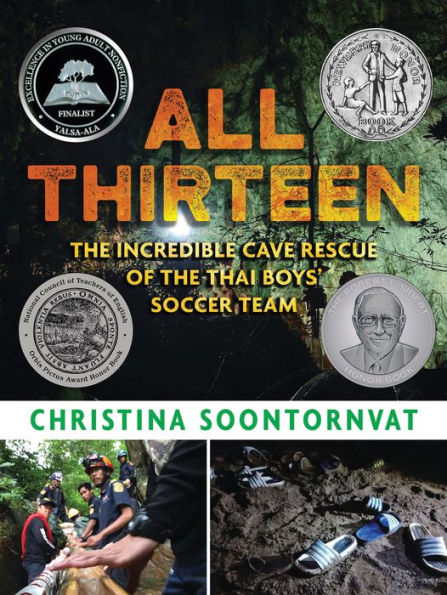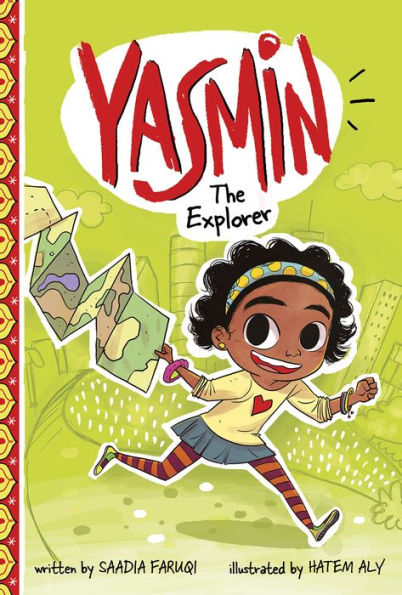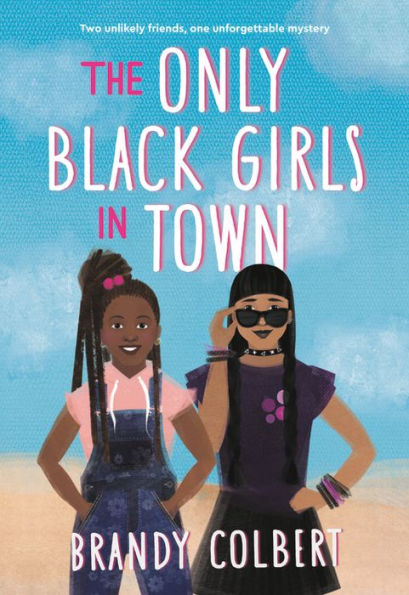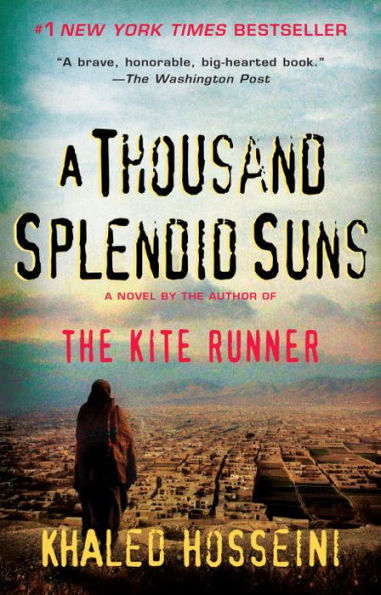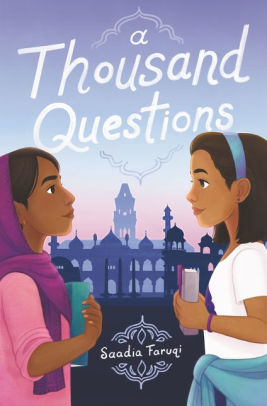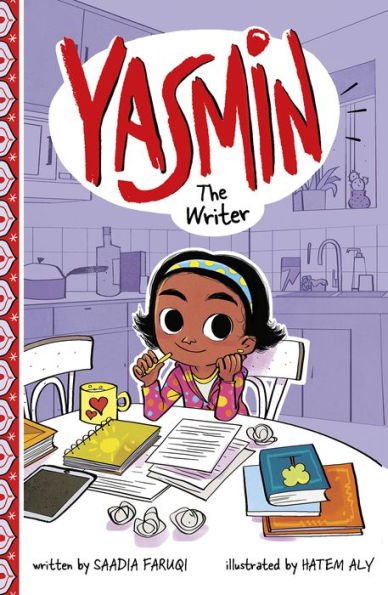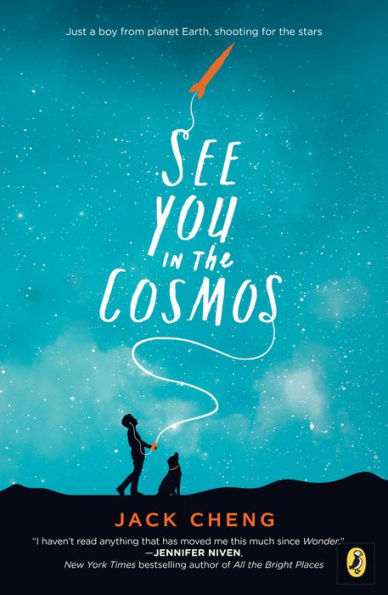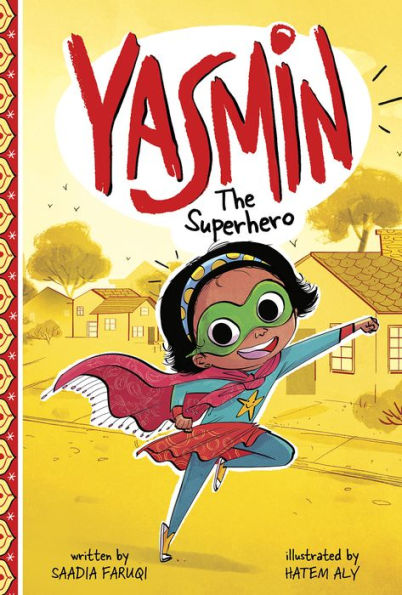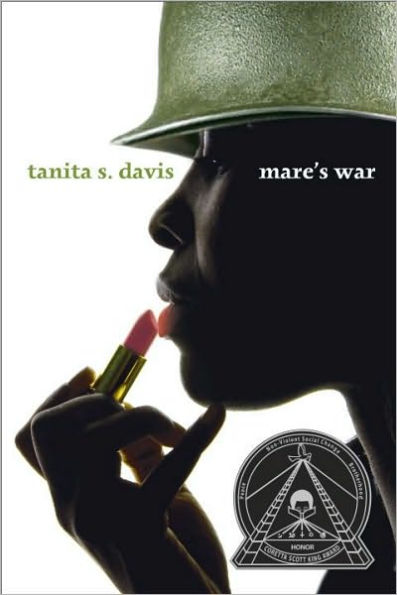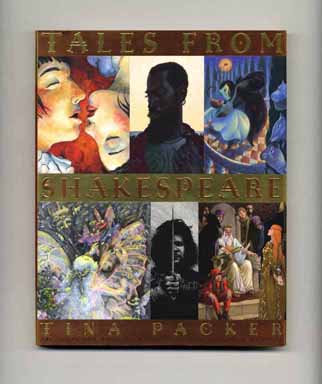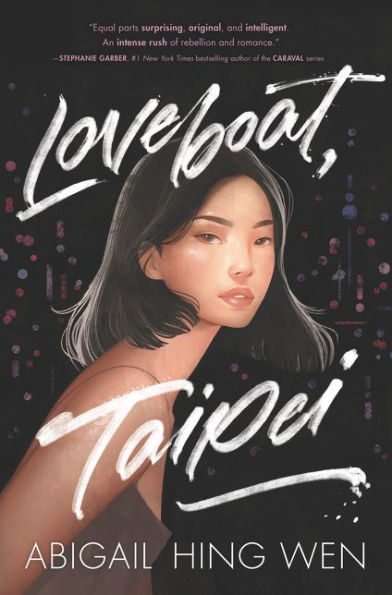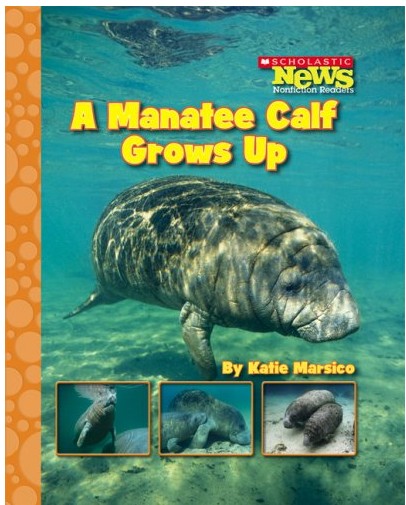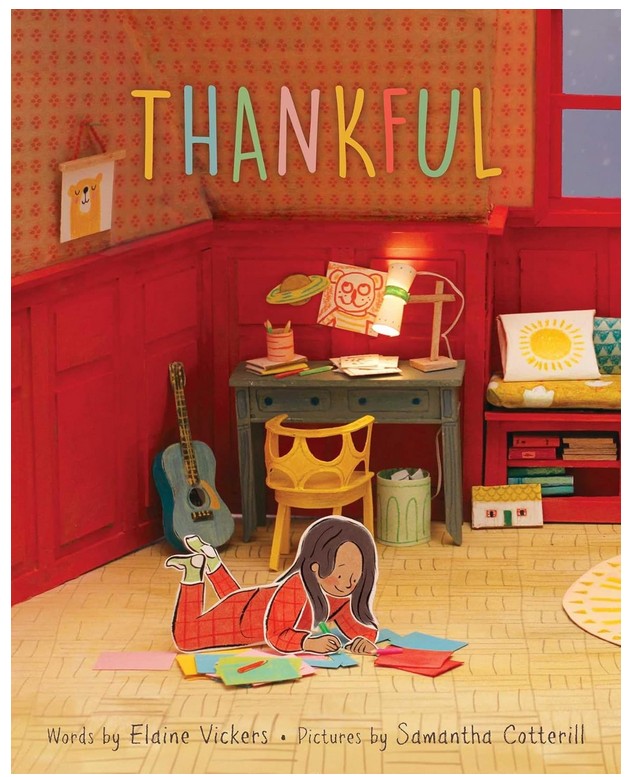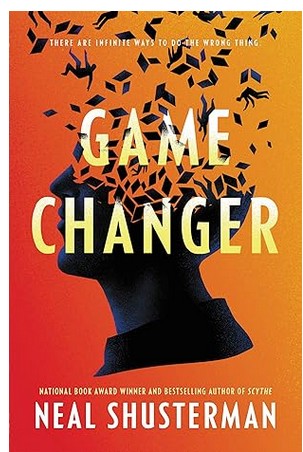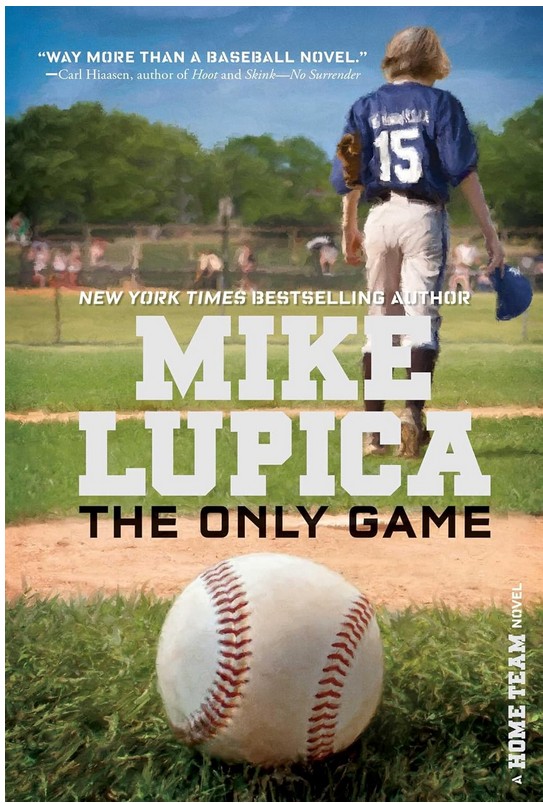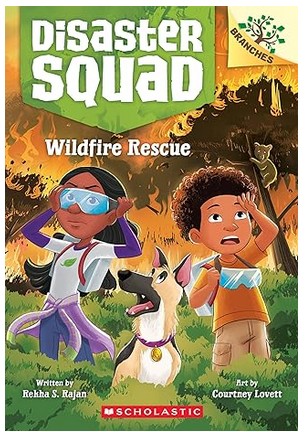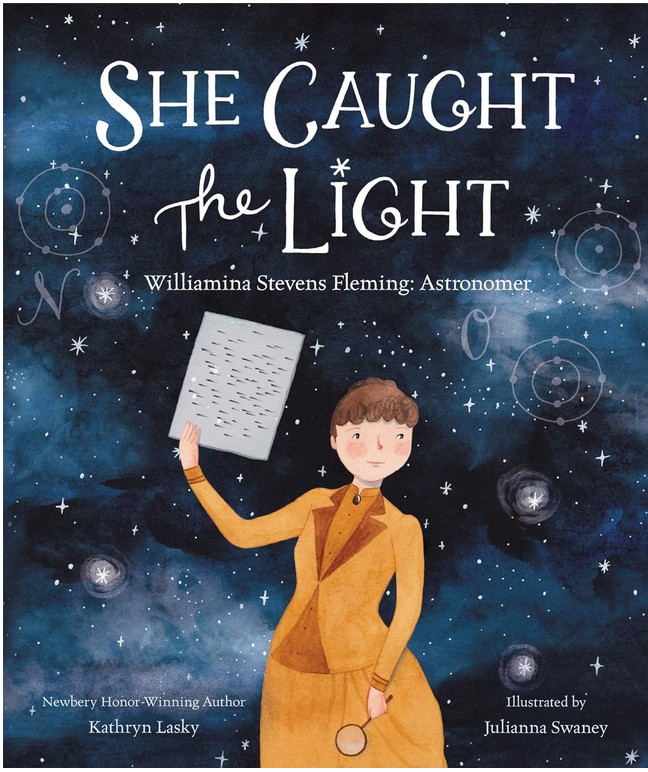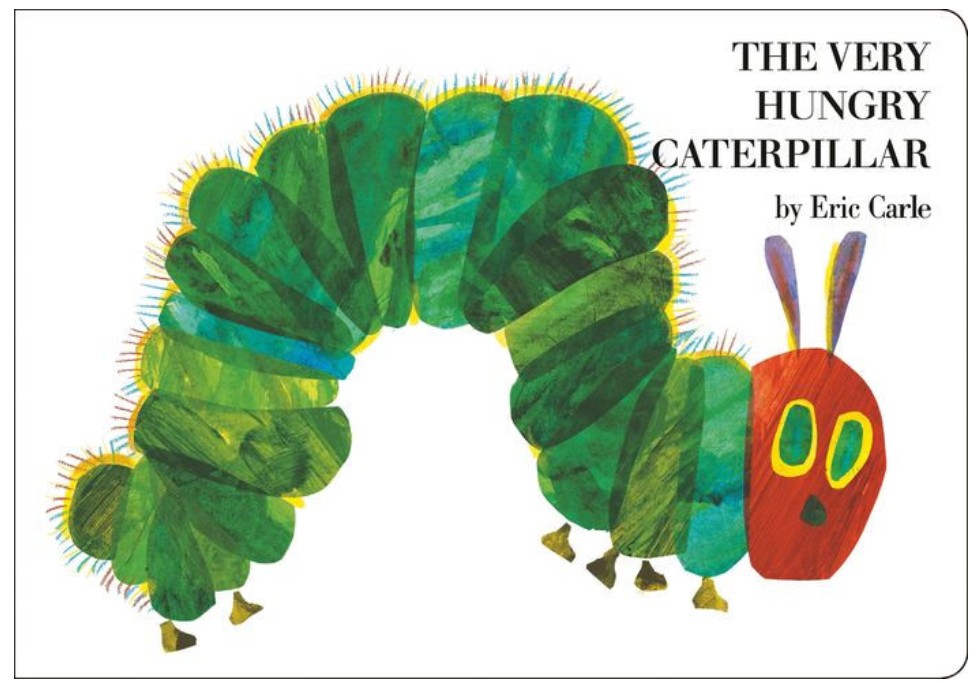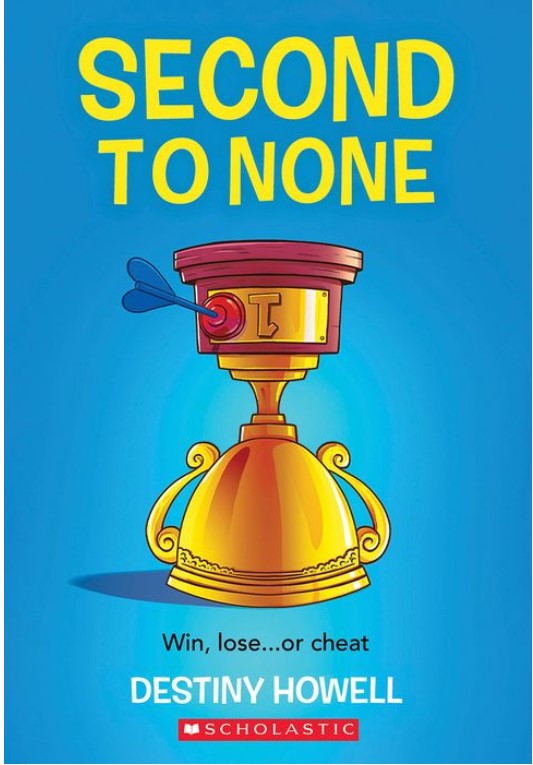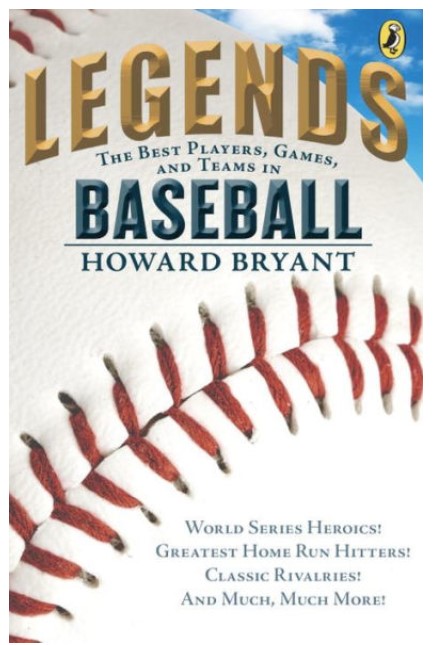Naila’s fate always seems to be under her parents’ control, especially when it comes to boys. Following Pakistani tradition, Naila’s parents will choose a husband for her when the time comes. Naila, however, did not grow up in Pakistan and the idea of an arranged marriage seems very old fashioned. Besides, she has fallen in love with a boy named Saif—of whom her parents do not approve– so she must keep him a secret. However, after lying to her parents to attend her senior prom, Naila is caught with Saif and her parents ignore her apologies and explanations.
Believing their daughter has gone astray living in America, Naila’s parents take the family to Pakistan for the summer, causing Naila to miss her high school graduation. At first, Naila enjoys spending time with her family, but she still looks forward to starting college in America where she will finally be with Saif and her best friend, Carla. However, Naila soon discovers her parents are planning a much longer trip. Her cousin, Selma, informs Naila that her parents are planning an arranged marriage. To escape this fate, Naila contacts Saif and plans her escape, which is thwarted by her uncle. Afraid their daughter will try to run away again, Naila’s parents force her into a marriage with Amin without Naila’s knowledge or consent. Naila is met with a choice: accept fate and try to find happiness with her new husband or continue to fight for her true love, Saif.
Despite everything she must endure in Pakistan, Naila is a strong character who never gives up on the possibility of love. While multiple aspects of Pakistani culture are represented in the book, the tradition of arranged marriage is especially prominent. The intent of the novel is to demonstrate that while some arranged marriages have been successful, others can trap men and women into loveless marriages that are more harmful than beneficial. Through Naila’s experience, the novel reveals the importance of having a choice, especially when it comes to love and marriage.
The novel, which takes place mostly in Pakistan, gives poignant depictions of Pakistani culture. Urdu words are used throughout to help capture the setting and culture, and a glossary is provided in the back of the book to aid understanding. The novel also includes mature themes of violence, inter-marital rape, and pregnancy.
Naila is an easy character to root for because, despite the situation she is in, Naila stays true to herself and her beliefs. In addition, Naila discovers that honesty, no matter how hard it can be, is always best. Naila’s conflict is relatable because she wants what anyone else would want—the freedom to have a choice. Although the limitations of her situation sometimes slow the pace of the novel, the tension consistently builds as readers anxiously wait for Naila to be freed and reunited with Saif. If you’re interested in how women are treated in the Middle East, add A Thousand Splendid Suns by Khaled Hosseini to your must-read list.
Sexual Content
- Amin, Naila’s husband, forces her to have sex with him. In an attempt to stop him, Naila tries “to sit up, to reach for the light on the nightstand, but his hands press against my shoulders, pushing me down. I twist my body, trying to wrench free, but I can’t move.” Amin continues to force himself onto Naila. He whispers to Naila to forgive him and “suddenly, I [Naila] scream. Pain envelops me. The world is white, illuminated with pain.” This is all that is described.
- Naila discovers she is pregnant with Amin’s child. “I tried denying it, I made excuses for my growing fatigue, my delayed period. But when the first wave of nausea overtook me shortly after, I could deny it no more. I’m pregnant.” Later, Naila explains that she lost her baby.
- When they are reunited in Pakistan, Saif and Naila share a passionate kiss. “Suddenly, he leans down; his lips press against mine. Pull away. But no part of me knows how. . . I run my fingers through his hair, trace the outline of his face—And then I kiss him back.”
Violence
- When Naila tries to run away, she is caught by her uncle. Her uncle gets on the bus and Naila is “yanked from [her] seat, dragged down the aisle, down the rough metal steps.” To defend herself, Naila tries to “kick, twist [her] wrists to pry [her]self away from him. I bite his arm. He does not let go.”
- Furious with his daughter for trying to run away, Naila’s father slaps her across the face. She describes the “metallic taste of blood in [her] mouth.”
- After Amin’s mother, Nasim, discovers Naila is still in love with Saif, she attacks Naila. “Nasim seems possessed by a demon. I try covering myself from Nasim’s feet—she kicks me with each curse.”
- When Saif arrives to defend Naila, “Amin shoves Saif to the ground.” Amin punches Saif until Saif’s uncle arrives.
Drugs and Alcohol
- Naila’s uncle forces water down her throat and “almost instantly, I [Naila] feel hazy. The drink. He’s drugging me, I realize.” Naila is drugged and her parents force her to sign the marriage papers.
Language
- None
Supernatural
- None
Spiritual Content
- In Pakistan, Naila hears a “melodic sound” she recognizes to be “the call to prayer.”
by Elena Brown
